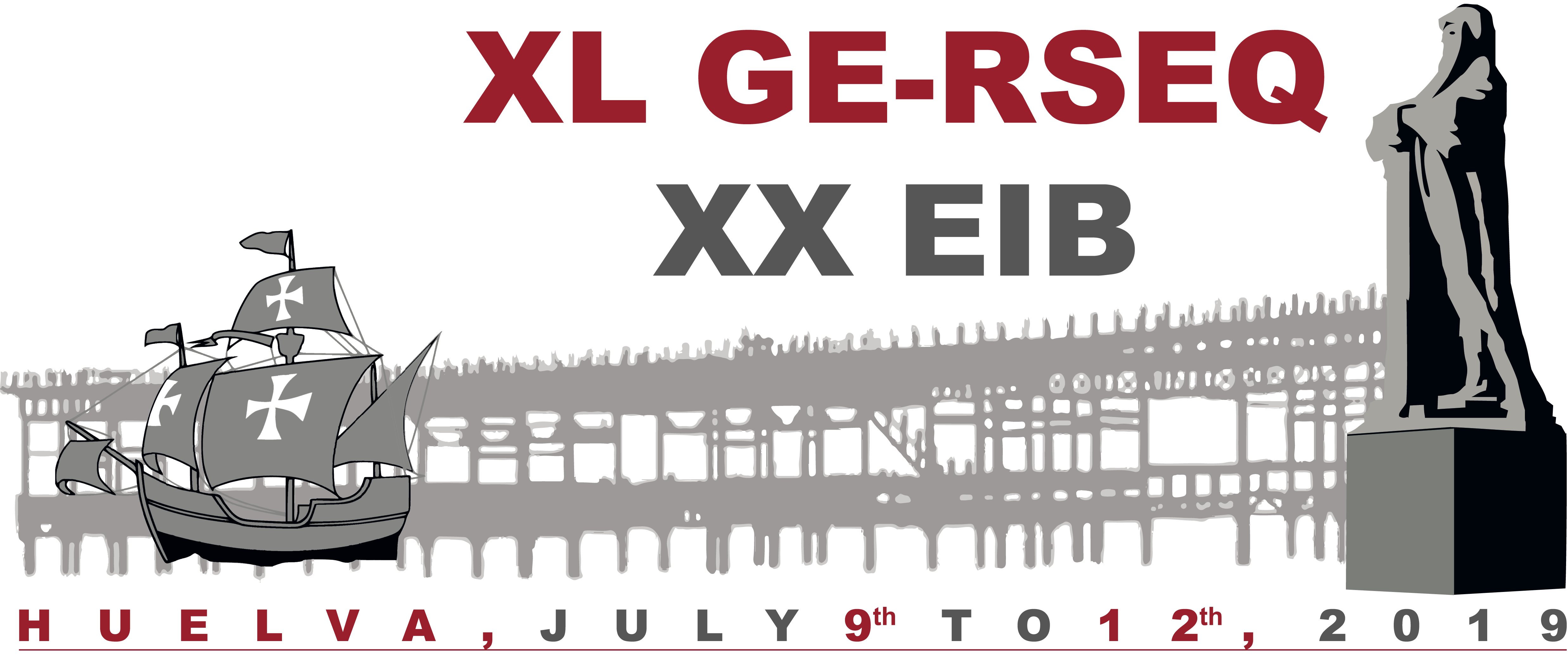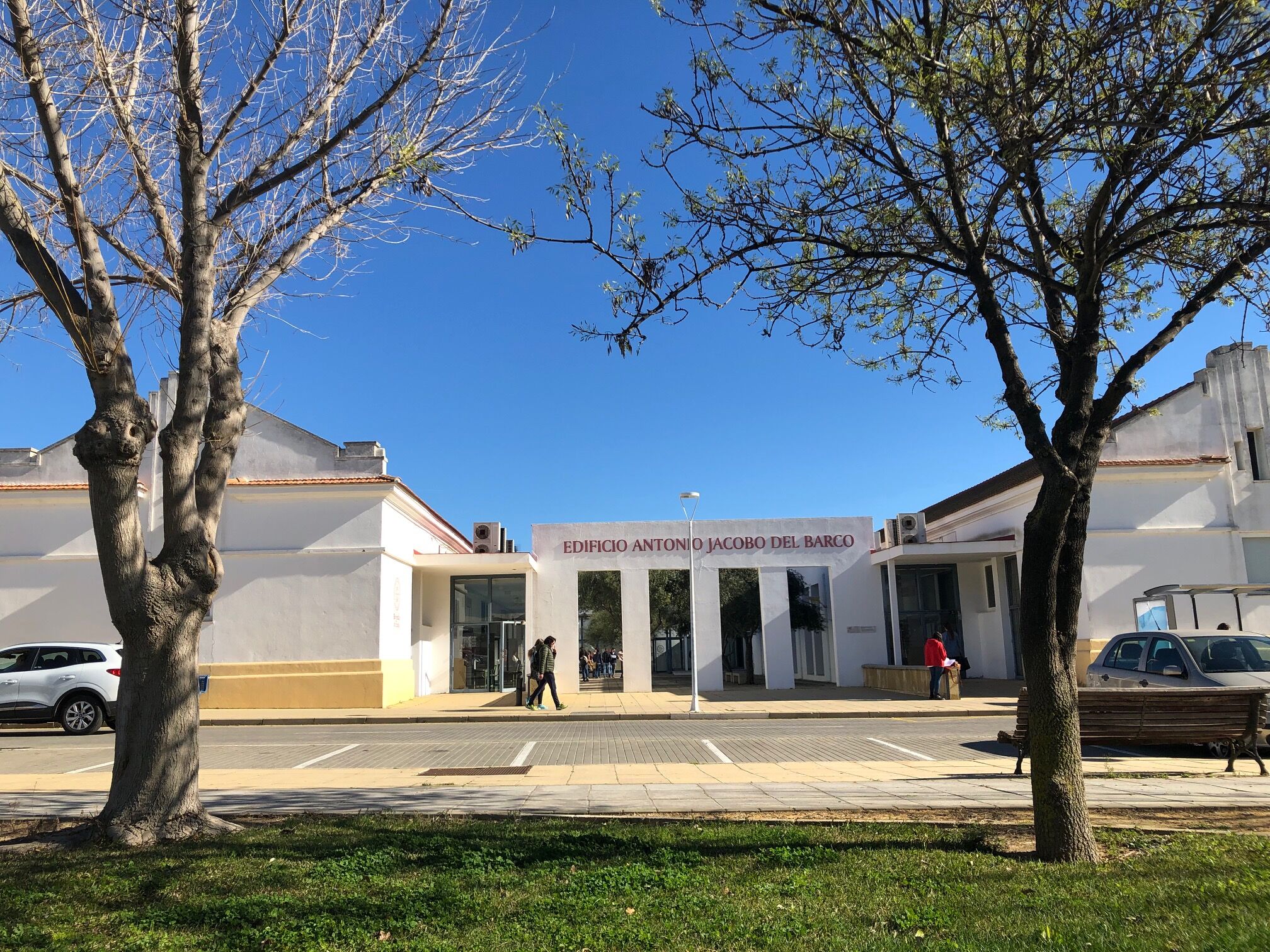He was son of the corregidor of the city of Huelva and assistant of Marchena (1721-1724), the lawyer Antonio Gregorio del Barco (native of Villamartín, Cádiz) and of Mrs. María Josefa Jaymes de Espínola (native of La Palma del Condado, Huelva) .
He studied at the Colegio Mayor de San Ildefonso, at the University of Alcalá, beginning his religious studies in Seville in order to be ordained a priest on February 25, 1741 and get the title of professor of philosophy of La Soledad in 1743.
In 1747 he was appointed ecclesiastical vicar for Huelva and his party (parishes of San Pedro, La Concepción, San Juan del Puerto and Aljaraque).
That year he entered the Sevillana Academy of Good Literature. It is from then on that he becomes a strong critic of the attitudes of the Church and of a poorly prepared clergy more oriented to social and economic ascension than to the ecumenical one.
He witnessed the earthquake that occurred on November 1, 1755 (known as the Earthquake of Lisbon), and later he was in charge of rebuilding the Church of San Pedro (of which he was parish priest) and of La Concepción, badly damaged by the six minutes of tremor.
His scientific vocation is not only exposed following his essay on the Lisbon Earthquake. Thus, in 1778 he joined the Patriotic Society of Seville, linked to the currents of enlightened despotism of that century. His desire to enter the Royal Academy of History was not fulfilled.
At his death he had left many historiographical works on Andalusia, such as the “Geographic Dissertations on Ancient Betica”. His research in his most important work: “Historical-geographical dissertation on reducing the old Onuba to the Vila de Huelva” allowed that from the eighteenth century it was ruled that Onuba and Huelva are the same settlement.


